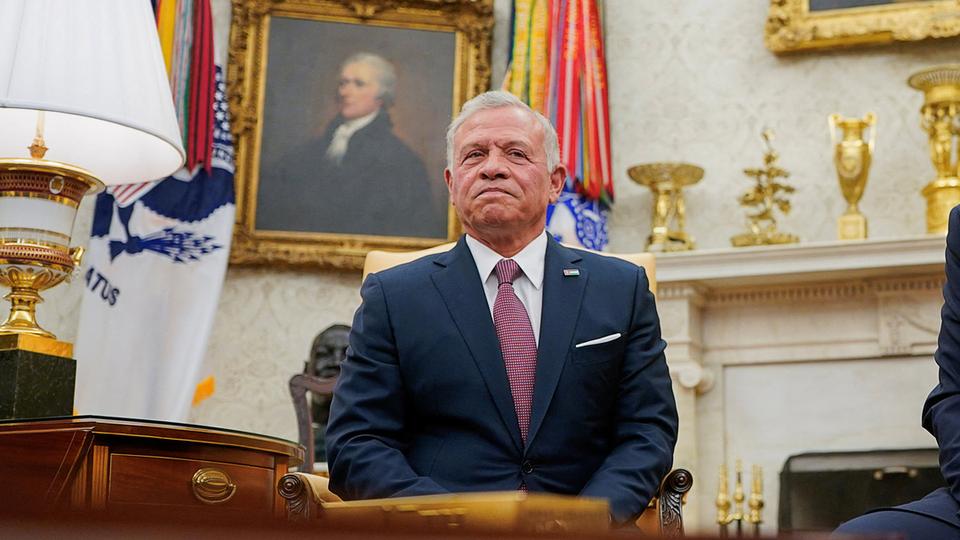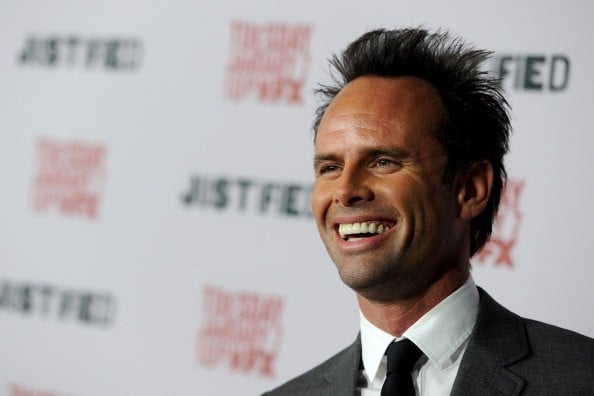
King Abdullah II of Jordan: Net Worth, Navigating Power, and a Region in Turmoil
King Abdullah II bin Al-Hussein has ruled Jordan since 1999, stepping up after the passing of his father, King Hussein. Over the past 26 years, he has navigated a region marked by conflict, economic struggles, and shifting global alliances. As he meets with U.S. leaders, including President Trump, the focus is once again on Jordan’s role in regional politics—especially concerning the humanitarian crisis in Gaza.
A Royal Legacy and Global Education
Born on January 30, 1962, King Abdullah II grew up under the watchful eye of his father, King Hussein, who ruled Jordan for nearly five decades. Unlike many monarchs who remain within their country’s borders for education, Abdullah studied abroad, attending Deerfield Academy in Massachusetts before heading to the prestigious Royal Military Academy Sandhurst in the UK. He furthered his studies at Oxford University and later earned a master’s degree in Foreign Service Affairs from Georgetown University in the United States.
Despite his extensive military background—having served in Jordan’s armed forces and reaching the rank of Field Marshal—his transition to leadership was not always smooth. The Jordanian monarchy has long had to balance Western alliances with regional pressures, and Abdullah inherited a delicate political landscape.
The Royal Family and Their Wealth
King Abdullah II is married to Queen Rania Al-Yassin, whom he wed in 1993. Together, they have four children: Crown Prince Hussein, Princess Iman, Princess Salma, and Prince Hashem. While Queen Rania has built a reputation for advocating for women’s rights and education, she has also been an outspoken voice for Palestinian rights—particularly since Israel’s assault on Gaza in 2023.
When it comes to wealth, the Jordanian royal family is far from struggling. According to a 2021 investigation by The Guardian, their net worth is estimated to be around $100 million. This figure was based on the Pandora Papers leak, which linked the King to high-value real estate in Malibu, California, and London. Meanwhile, nearly a quarter of Jordan’s population—now over 11 million people—lives in poverty, and the government keeps the full extent of royal finances hidden from public view.
The Political Landscape and Civil Unrest
King Abdullah II has made some constitutional changes over the years in an effort to appease growing dissatisfaction among the Jordanian public. However, according to Freedom House, Jordan is still classified as “not free,” meaning its citizens have limited political rights and civil liberties. The country is home to over 2 million Palestinians displaced since the Nakba in 1948-49, and not all of them hold Jordanian citizenship. Amnesty International reports that non-citizen Palestinians face significant restrictions, making them one of the most marginalized groups in Jordan.
The King’s government has walked a fine line between maintaining Western support—particularly from the United States—and managing domestic frustrations. In recent years, economic troubles, corruption allegations, and regional instability have put additional pressure on his rule. While Jordan remains a key U.S. ally, public sentiment in the country often leans against American policies, particularly concerning Israel and Palestine.
The Gaza Crisis and Jordan’s Role
As war continues to devastate Gaza, Jordan has been vocal about its refusal to accept large numbers of displaced Palestinians. The White House, under President Trump, has proposed that Jordan and Egypt take in refugees from Gaza as part of a broader U.S.-led effort to “manage” the situation. Both countries have firmly rejected this idea, arguing that it would amount to an ethnic cleansing of Palestinians from their homeland.
In response to mounting pressure, King Abdullah has agreed to allow 2,000 children from Gaza to receive treatment in Jordan. However, this number is a fraction of what Washington may have hoped for. As the King meets with President Trump, the discussion will likely revolve around aid, diplomatic pressure, and Jordan’s role in any potential post-war arrangement for Gaza.
What’s Next for King Abdullah II?
At 63 years old, King Abdullah II remains a central figure in Middle Eastern politics. His ability to navigate regional conflicts, economic challenges, and Western alliances has kept him in power for over two decades. However, Jordan’s growing economic struggles and increasing public discontent suggest that his leadership will continue to be tested in the coming years.
As the world watches his meeting with President Trump, one thing is clear: Jordan will remain a key player in the region, but its role in shaping the future of Gaza—and the broader Palestinian struggle—will be under intense scrutiny.
Popular Categories





